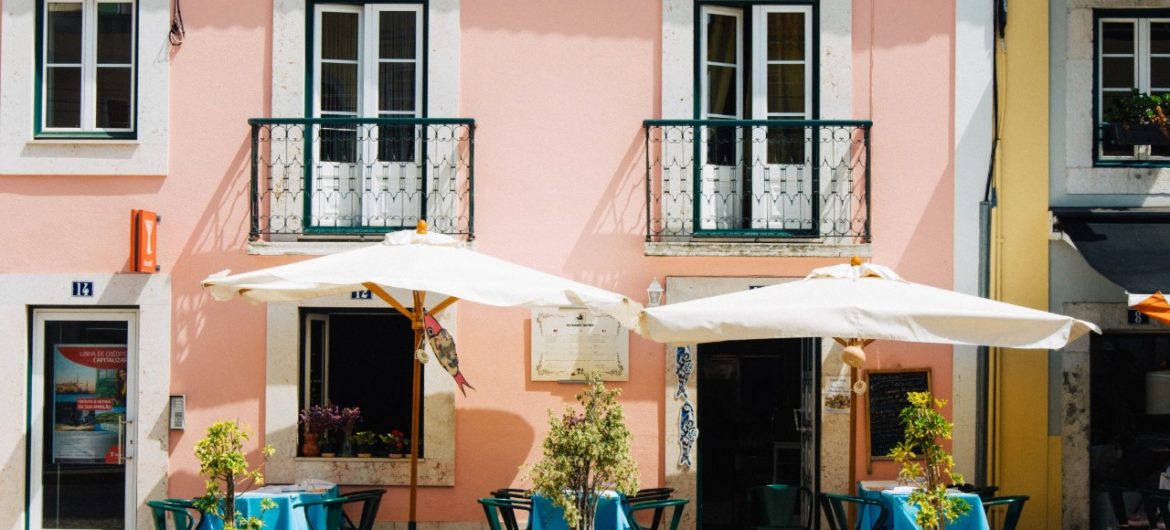Covid-19 cleared booking calendars for Airbnb hosts across the world, creating a glut of open housing for Portugal’s 90,000 vacation rental homes. City councils in Portugal offered to sublet up to 2,000 properties as low-cost housing, but Airbnb owners are pushing back.
Accelerating an Existing Housing Debate
Some critics in Portugal were pushing for affordable, lower-cost rentals before the pandemic started. A 2018 study showed that one-third of central Lisbon properties were vacation rentals, raising rent across the city by 9.3% that year alone, driving some residents away.
“This will increase housing stock in the city centre while also providing [vacation rental] owners with a stable income in an uncertain time,” said Lisbon Mayor Fernando Medina.
Policy Dis-incentivizes Vacation Home Owners From Switching
Even though their income has dropped dramatically due to Covid-19, many owners claim that this housing policy dis-incentivizes them from getting into the traditional rental market.
In Lisbon, renters would sign five-year contracts locking in rent between 450-1,000 euros per month — and they would be exempted from certain property taxes. Porto’s contracts average 549 euros per month for between 2-5 years. If the coronavirus crisis recedes and travel picks back up before the contract ends, owners will be locked into these rates and won’t be able to list their property on Airbnb or other short term rental platforms.
Last year, Lisbon’s council banned new vacation rental registrations in the city center. This means that hosts who convert to a traditional renting model won’t be able to offer their properties as vacation rentals in the future.
Additionally, if a vacation rental property becomes a traditional rental property, the difference in its valuation since its initial registration is added to the host/owner’s income tax. Home prices have more than doubled in Lisbon and Porto since 2015, so taxes would likely increase significantly for many homeowners.
Most Owners Plan to Stay in Rental Market
Only one-tenth of vacation rental owners in Lisbon and Porto are thinking about renting traditionally, which would open up around 4,000 homes. Most are planning on staying in the vacation rental space.
Some hosts, frustrated with Airbnb’s compensation policies, are banding together to create their own direct booking websites.
Airbnb claims that while international travel is down, local demand is on the upswing. The company claimed that Portuguese residents searched for local destinations at a rate 20% higher than last year, and the number of total listings was still higher than at this point in 2019.
“History shows that the travel industry has bounced back in the long run,” said a spokesperson from Airbnb. “Our platform will continue to be an economic lifeline for hosts in the future.”





